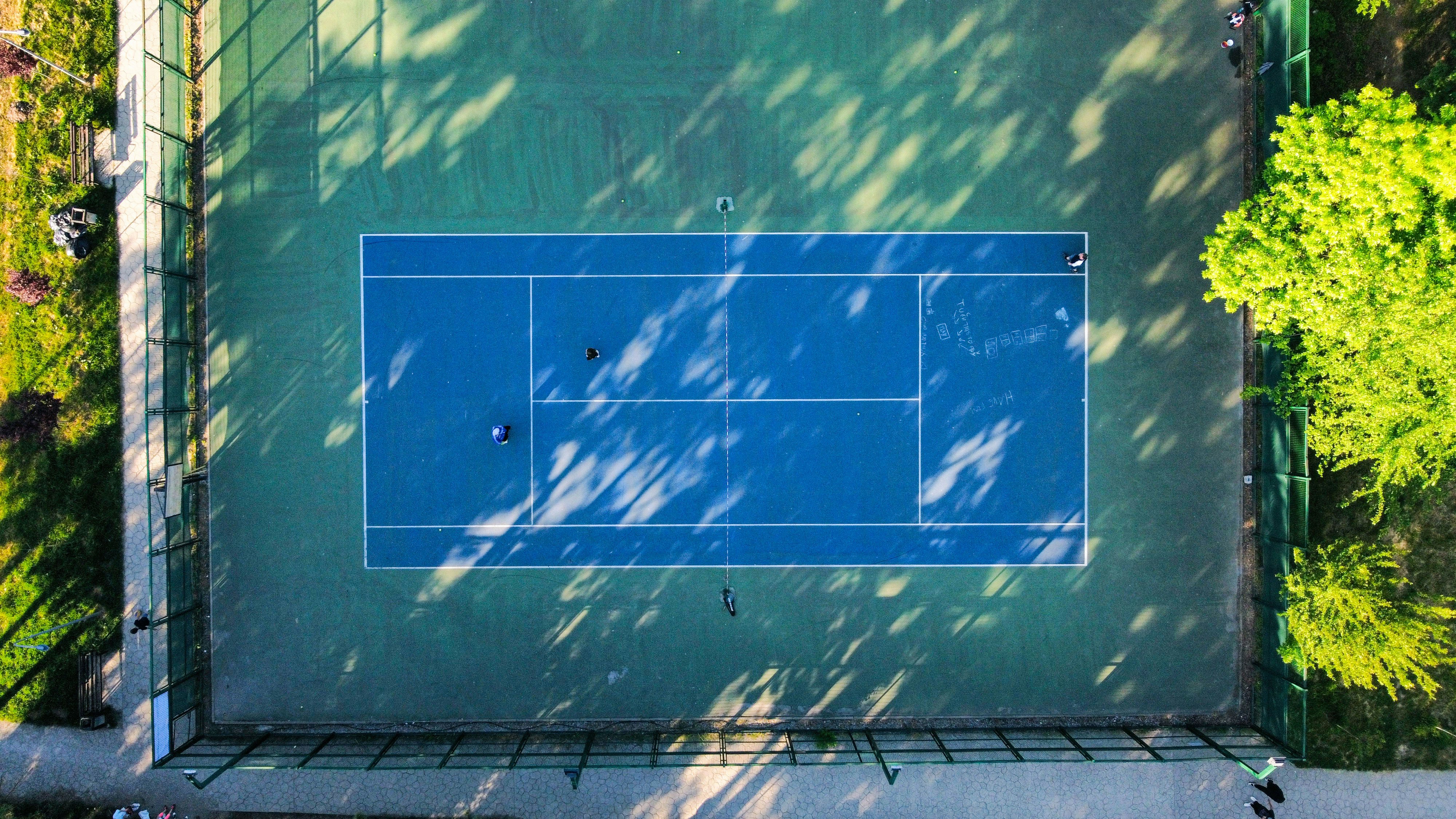The Impact of Extracurricular Activities on High School Students in Ontario
Jul 10, 2024
Extracurricular activities play a pivotal role in the high school experience, offering students opportunities to explore interests outside the classroom, develop essential skills, and build connections. In Ontario, high schools provide a wide range of extracurricular options, from sports and arts to academic clubs and volunteer opportunities. This blog explores the significant impact these activities have on students, examining their benefits for academic performance, personal growth, and social development.
Enhancing Academic Performance
Extracurricular activities can positively influence students’ academic performance in several ways:
A. Time Management Skills
Participation in extracurriculars often requires students to balance multiple commitments, such as schoolwork, practices, and meetings. This experience helps students develop effective time management and organizational skills. Research shows that students involved in extracurricular activities tend to exhibit better study habits and improved academic performance due to their enhanced ability to prioritize and manage their time efficiently.
B. Increased Engagement
Students who are engaged in extracurricular activities often display higher levels of motivation and enthusiasm for their academic studies. For example, involvement in a science club or math team can foster a deeper interest in these subjects, leading to increased academic engagement and achievement. The skills and knowledge gained through these activities can also complement and reinforce classroom learning.
Personal Development and Growth
Extracurricular activities provide numerous opportunities for personal development:
A. Building Leadership Skills
Many extracurricular activities, such as student government, debate teams, and sports teams, offer students chances to take on leadership roles. These experiences help students develop essential leadership skills, including decision-making, communication, and problem-solving. Leadership roles also build confidence and a sense of responsibility, preparing students for future leadership positions in their careers and communities.
B. Developing Self-Discipline and Resilience
Participating in extracurricular activities requires dedication and perseverance. Whether it's preparing for a performance, practicing for a competition, or meeting deadlines for a project, students learn valuable lessons in self-discipline and resilience. These qualities are crucial for overcoming challenges and achieving long-term goals, both in and out of school.
Social Development and Teamwork
Extracurricular activities offer significant opportunities for social development:
A. Building Social Skills
Engaging in group activities, such as sports teams, theater productions, or clubs, helps students develop strong social skills. They learn to collaborate, communicate effectively, and build relationships with peers who share similar interests. These social interactions contribute to improved interpersonal skills and a greater sense of belonging.
B. Fostering Teamwork and Collaboration
Many extracurriculars emphasize teamwork and collaboration. Whether working on a group project, participating in a team sport, or rehearsing for a performance, students learn to work together towards a common goal. These experiences teach students how to navigate group dynamics, resolve conflicts, and support one another, skills that are valuable in both academic and professional settings.
Enhancing Emotional Well-being
Extracurricular activities contribute to students' emotional well-being in several ways:
A. Reducing Stress
Engaging in activities that students enjoy can provide a healthy outlet for stress and anxiety. For example, participating in sports, music, or creative arts can offer relaxation and a sense of accomplishment, helping students manage stress and improve their overall mood.
B. Boosting Self-Esteem
Success and recognition in extracurricular activities can significantly boost students' self-esteem and confidence. Achievements in sports, arts, or academic competitions provide a sense of accomplishment and validation, reinforcing students' belief in their abilities and potential.
Community and Civic Engagement
Extracurricular activities often involve community service and civic engagement:
A. Volunteering and Service Projects
Many high schools offer extracurricular programs focused on community service and volunteering. These activities help students develop a sense of social responsibility and a commitment to giving back to their communities. Participation in service projects also fosters empathy and a deeper understanding of societal issues.
B. Building Connections with the Community
Extracurricular activities often involve collaboration with local organizations and community members. This engagement helps students build connections and relationships outside of school, broadening their networks and fostering a sense of community involvement.
Long-term Benefits
The skills and experiences gained from extracurricular activities extend beyond high school:
A. College and Career Opportunities
Extracurricular involvement can enhance college applications and career prospects. Admissions officers and employers often value the skills and experiences gained through extracurriculars, including leadership, teamwork, and commitment. Students who demonstrate active involvement in extracurricular activities are often viewed as well-rounded and motivated individuals.
B. Lifelong Skills
The skills developed through extracurricular activities, such as time management, leadership, and teamwork, are valuable throughout life. These competencies contribute to personal and professional success, helping students navigate various challenges and opportunities in their future endeavors.
Conclusion
Extracurricular activities play a vital role in the high school experience, offering numerous benefits for academic performance, personal growth, social development, and emotional well-being. By participating in sports, arts, clubs, and community service, students gain valuable skills and experiences that enhance their overall development and prepare them for future success. Encouraging students to explore and engage in extracurricular activities can help them build a well-rounded, fulfilling high school experience and set the stage for a successful future.
Back to Blogs


